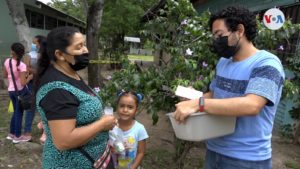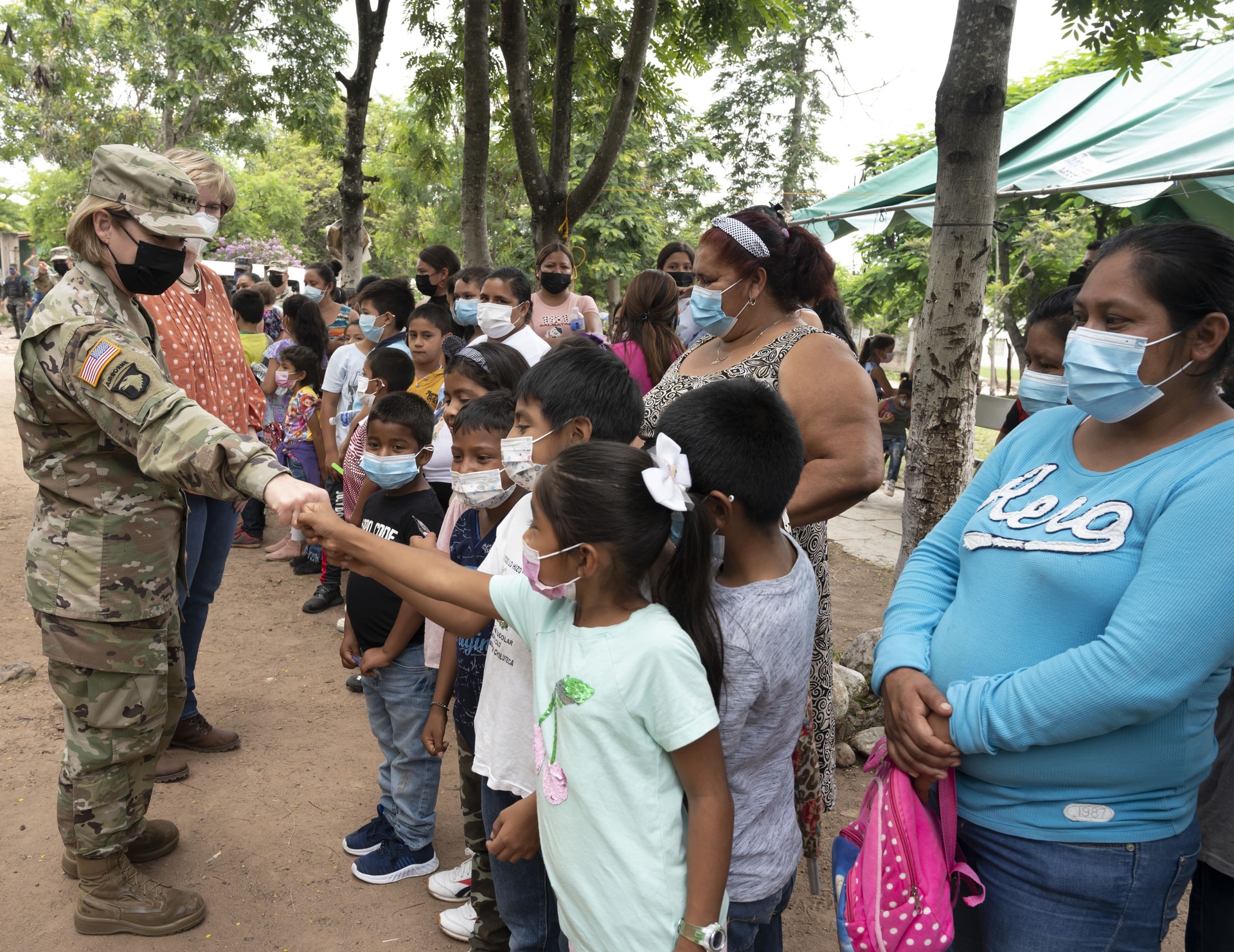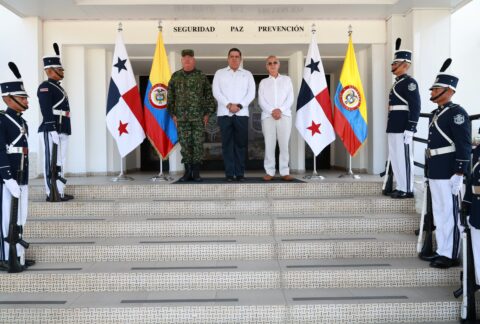San Nicolás, Honduras — In the San Nicolás community, in the Honduran municipality of San Antonio, dozens of people wait outside a school. Taking advantage of the summer break, the school has turned into a makeshift medical center which is, for many, the only way to access basic health care.
The U.S. military and the Honduran Red Cross, who manage the center, have joined forces and resources to carry out the humanitarian aid project in this area where the majority of the population has limited resources.
Cynthia Rodríguez has lived here all her life. She lives far from the urban center and has practically no access to medicine or basic supplies. She and her 3-year-old daughter can only benefit from the health services provided here once a month.
“They are doing an excellent job. I think the community needs more people and more help, not just on the health side,” Rodríguez told Voice of America as she waited to be seen by medical staff.

During the more than two years of the pandemic, many of these sites were rendered inoperative due to biosecurity concerns. Thanks to the vaccines, whose distribution here has been accelerated through donations from governments and other international organizations, these types of services are once again being provided to the communities that need them most.
Zulein González is a member of the U.S. Air Force and has been at the Soto Cano Air Base, just a few kilometers away from this school, for nearly a year. González, who usually goes to the school to coordinate the distribution of medicines, recognizes that these people need a lot of help, especially following the health crisis.
“Because of the pandemic we have not been able to go out to help many people, but we are seeing that all these people need a lot of help. That’s what we are here for,” González said.
The humanitarian aid that goes to the San Nicolás community is also carried out in other areas of Central America, where access to medicine is really complicated, Joel García, a volunteer in the area who also serves as a health worker, said.
“Most of these people live in areas far from urbanization. So, they don’t have easy access to medicines, good doctors, or even dentists. They also cannot go to someone to provide them with medical indications in case of need,” the young man said.
In late June, U.S. Army General Laura J. Richardson, commander of U.S. Southern Command, taking advantage of an official visit to Soto Cano Air Base, delivered a new shipment of medical supplies so that the population with scarce resources could keep up monitoring their health.









